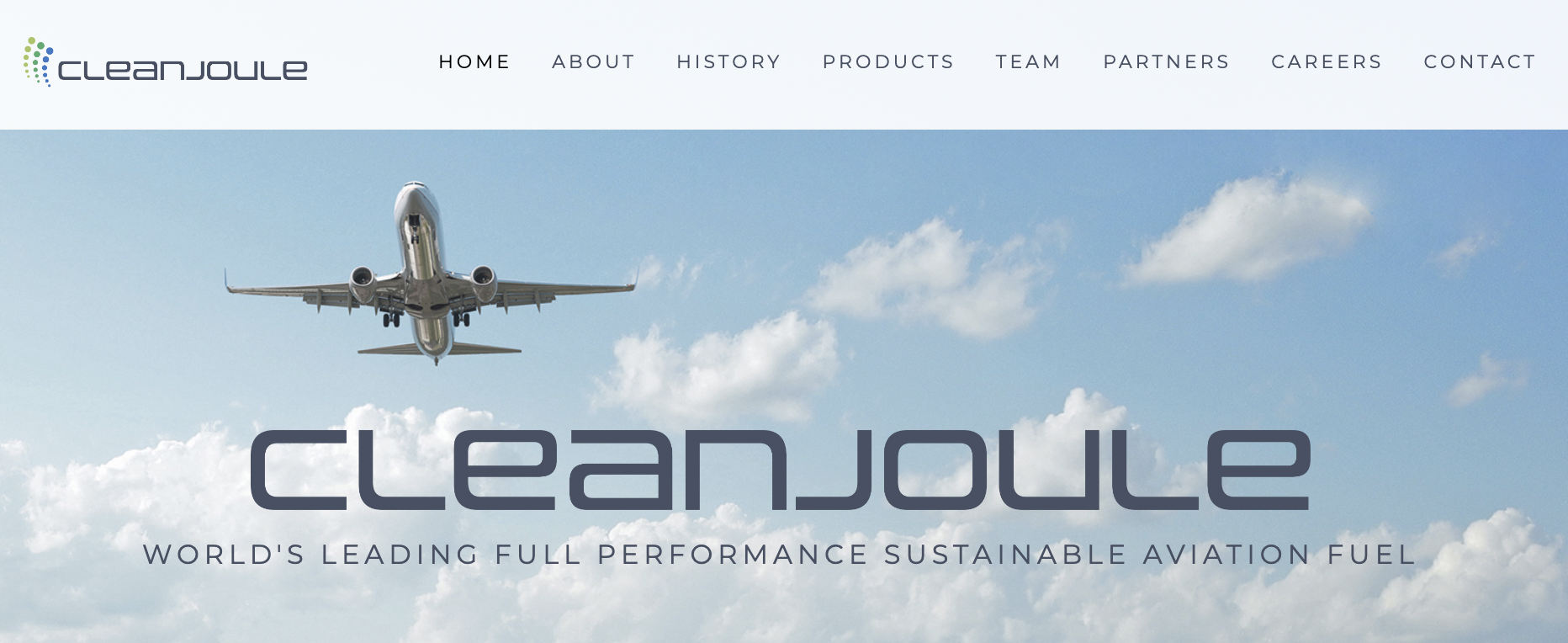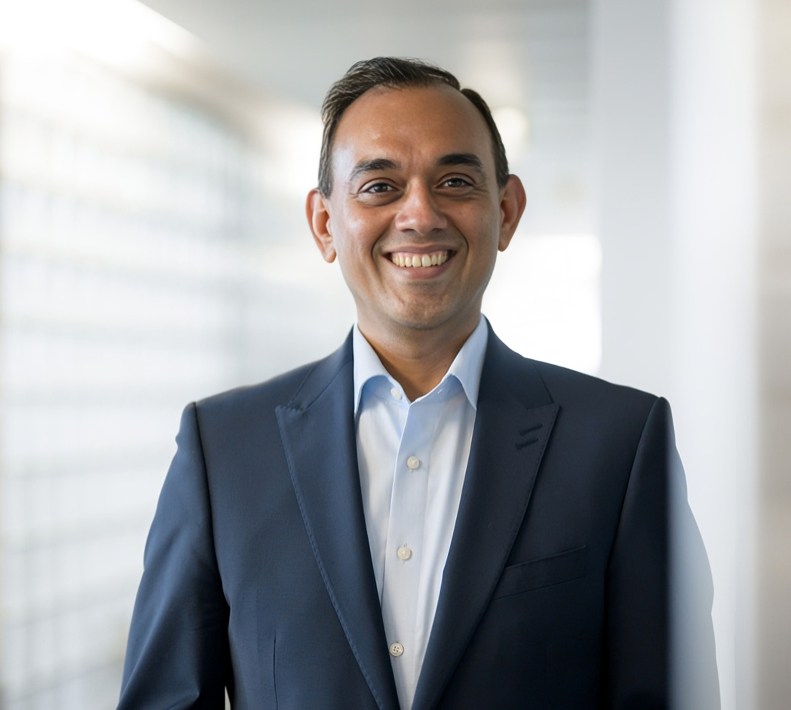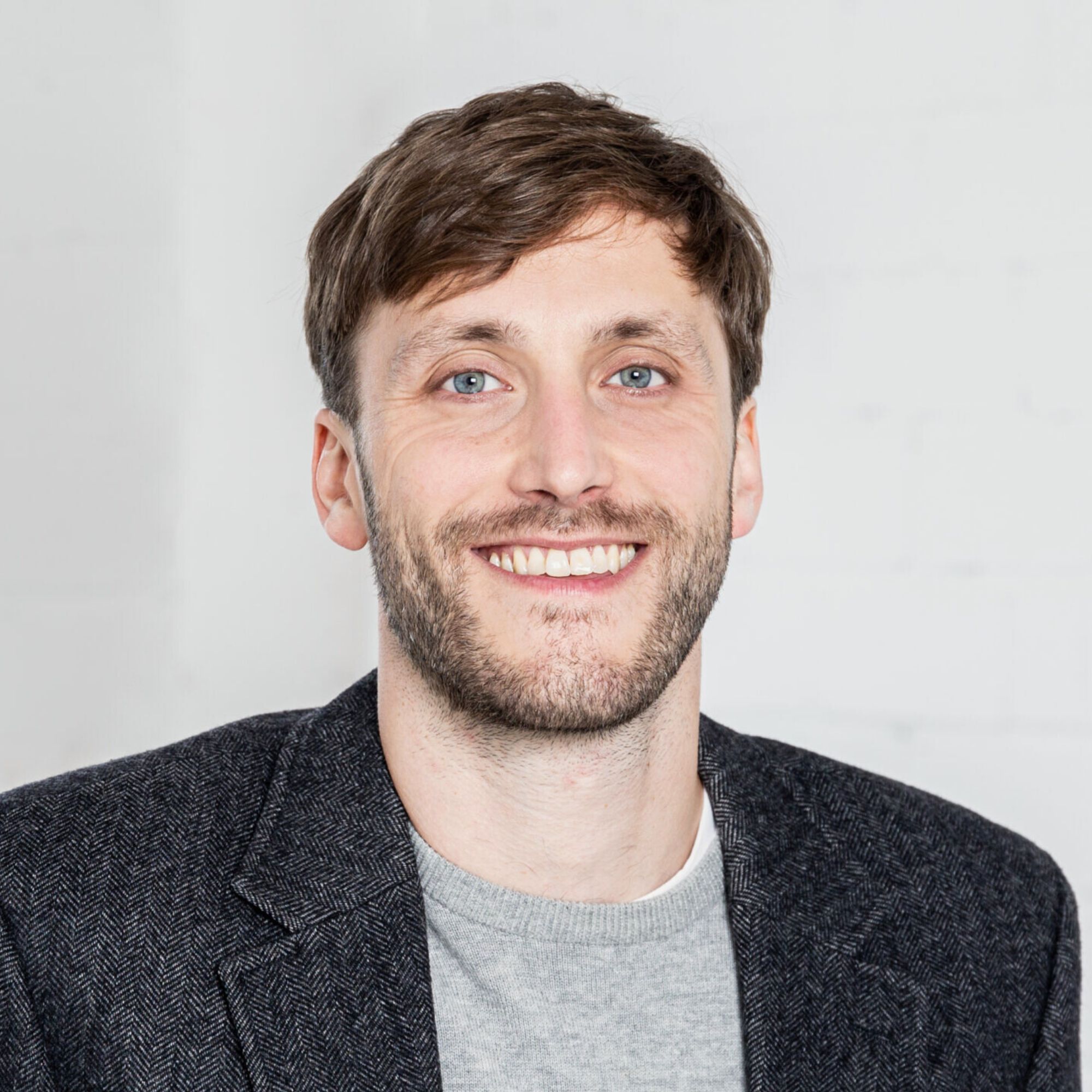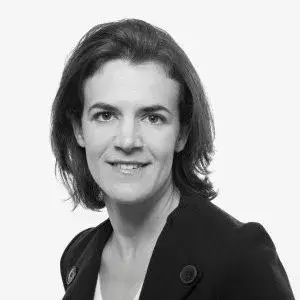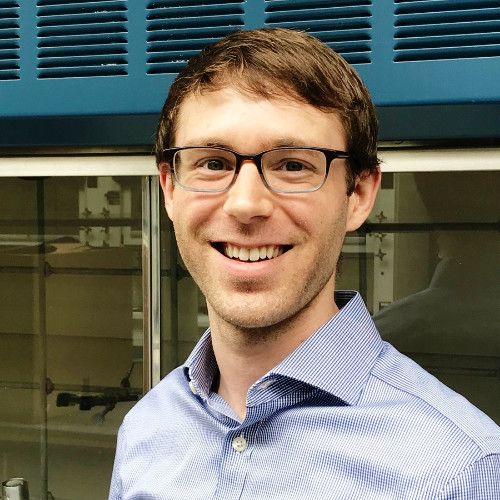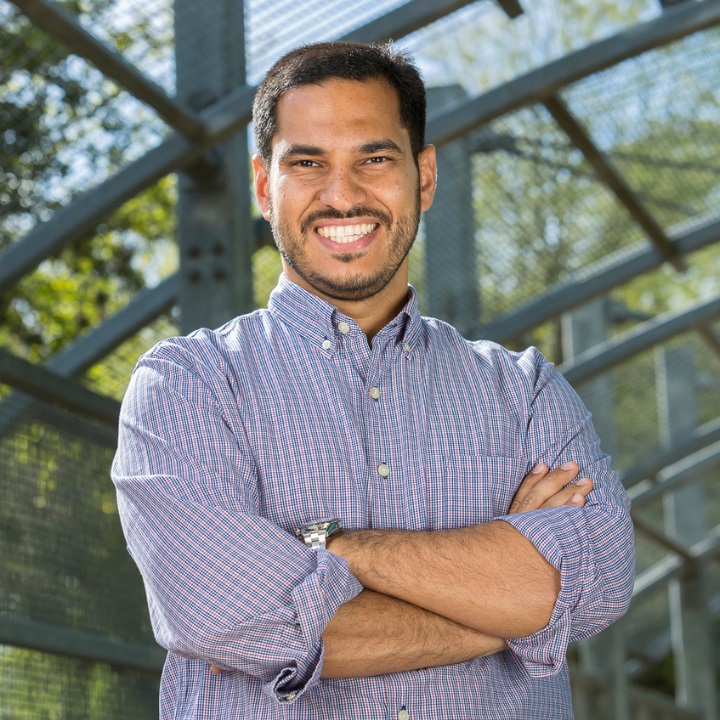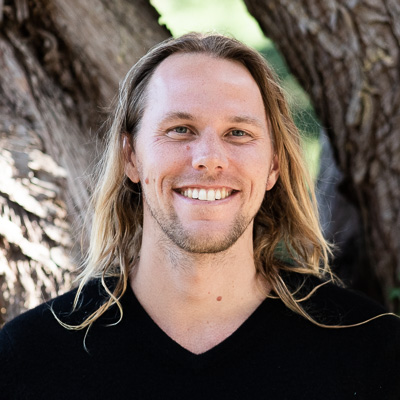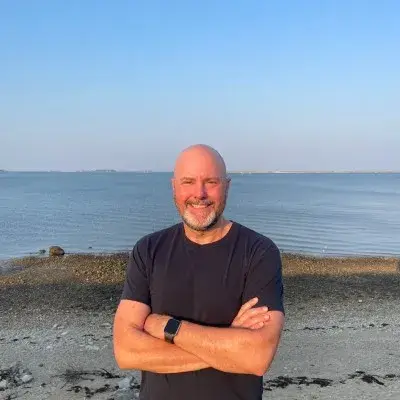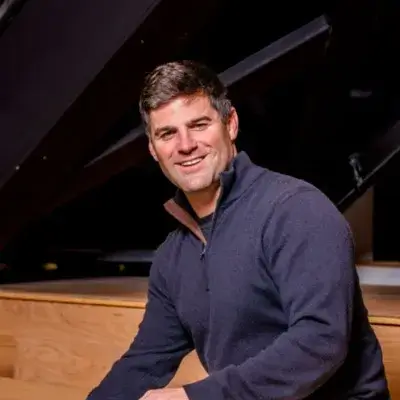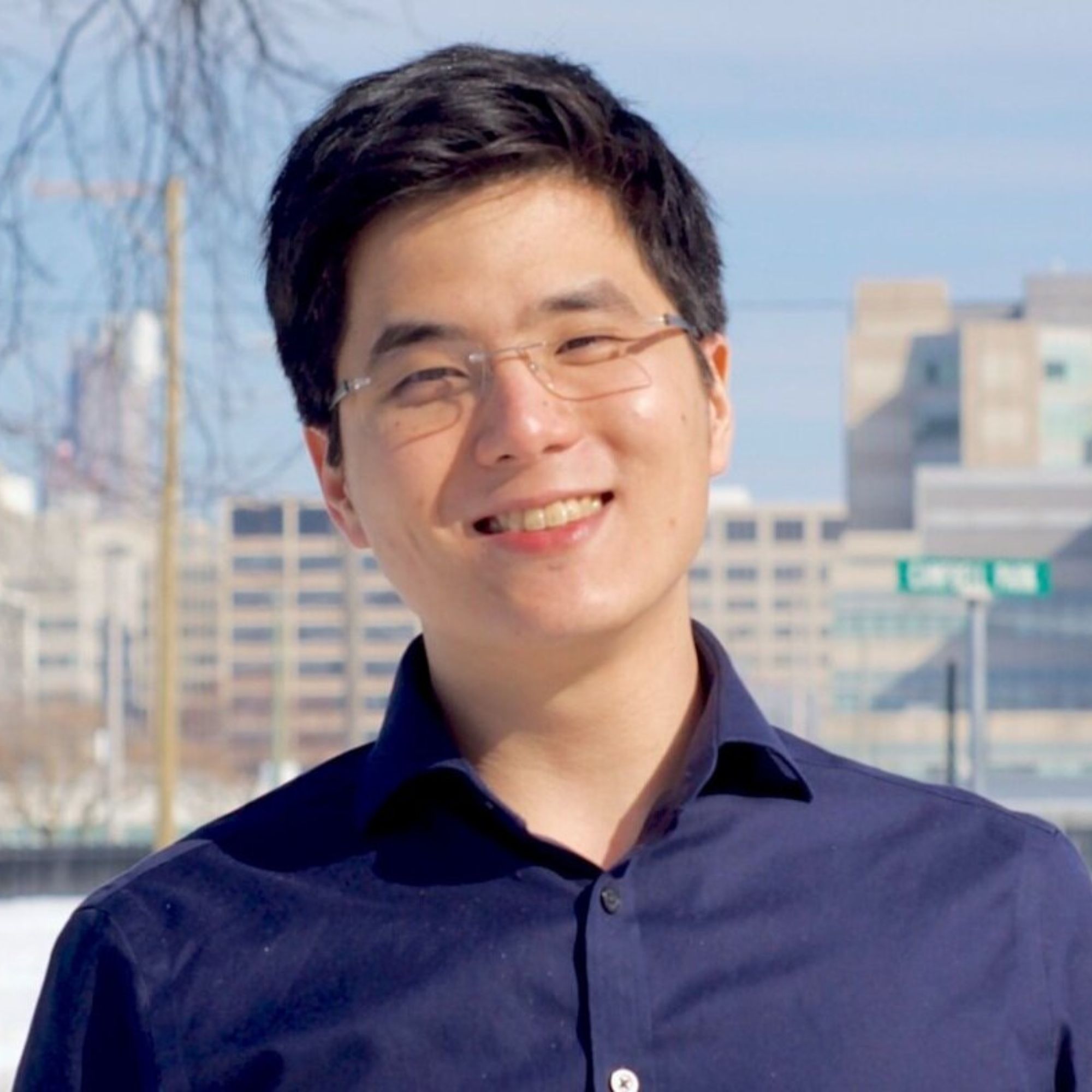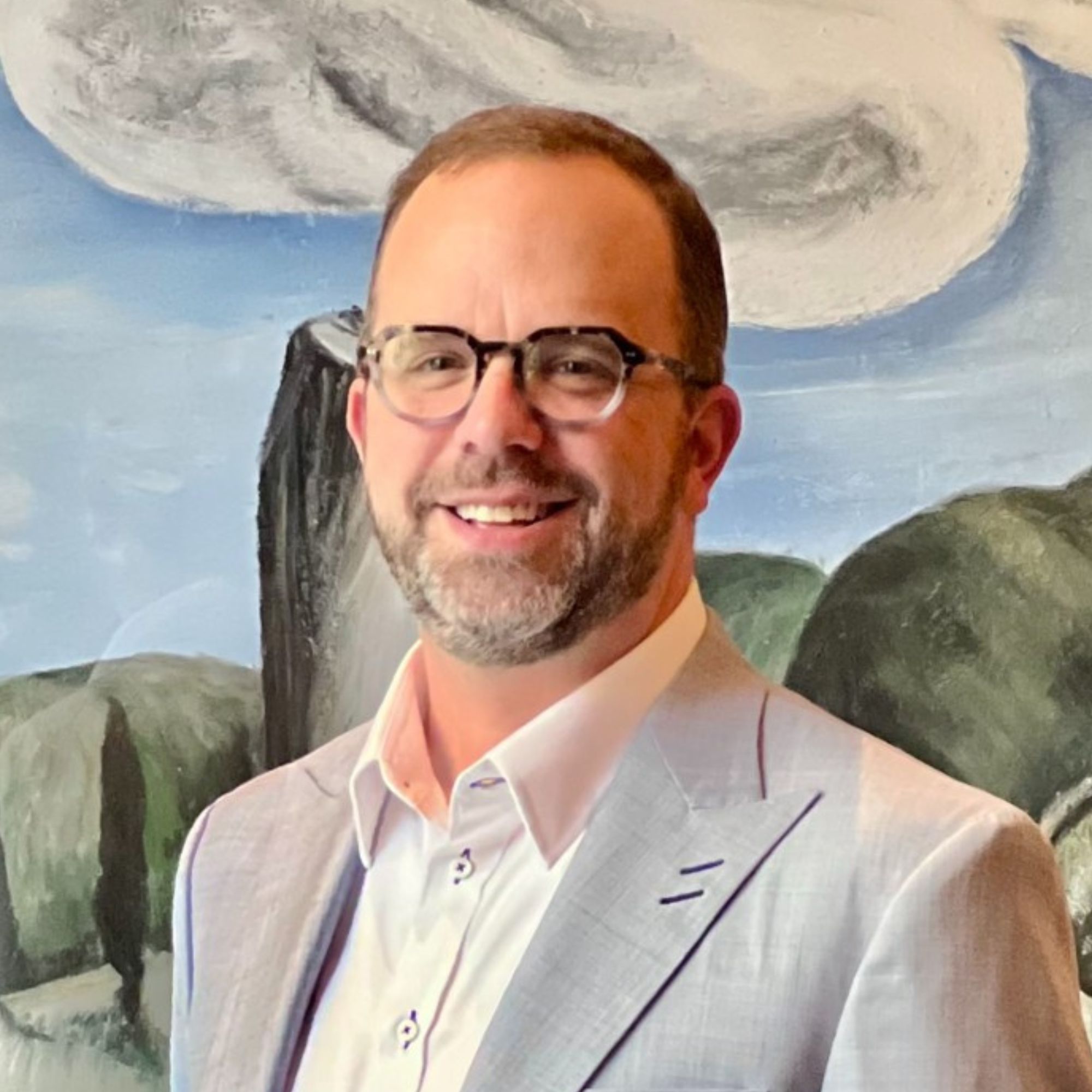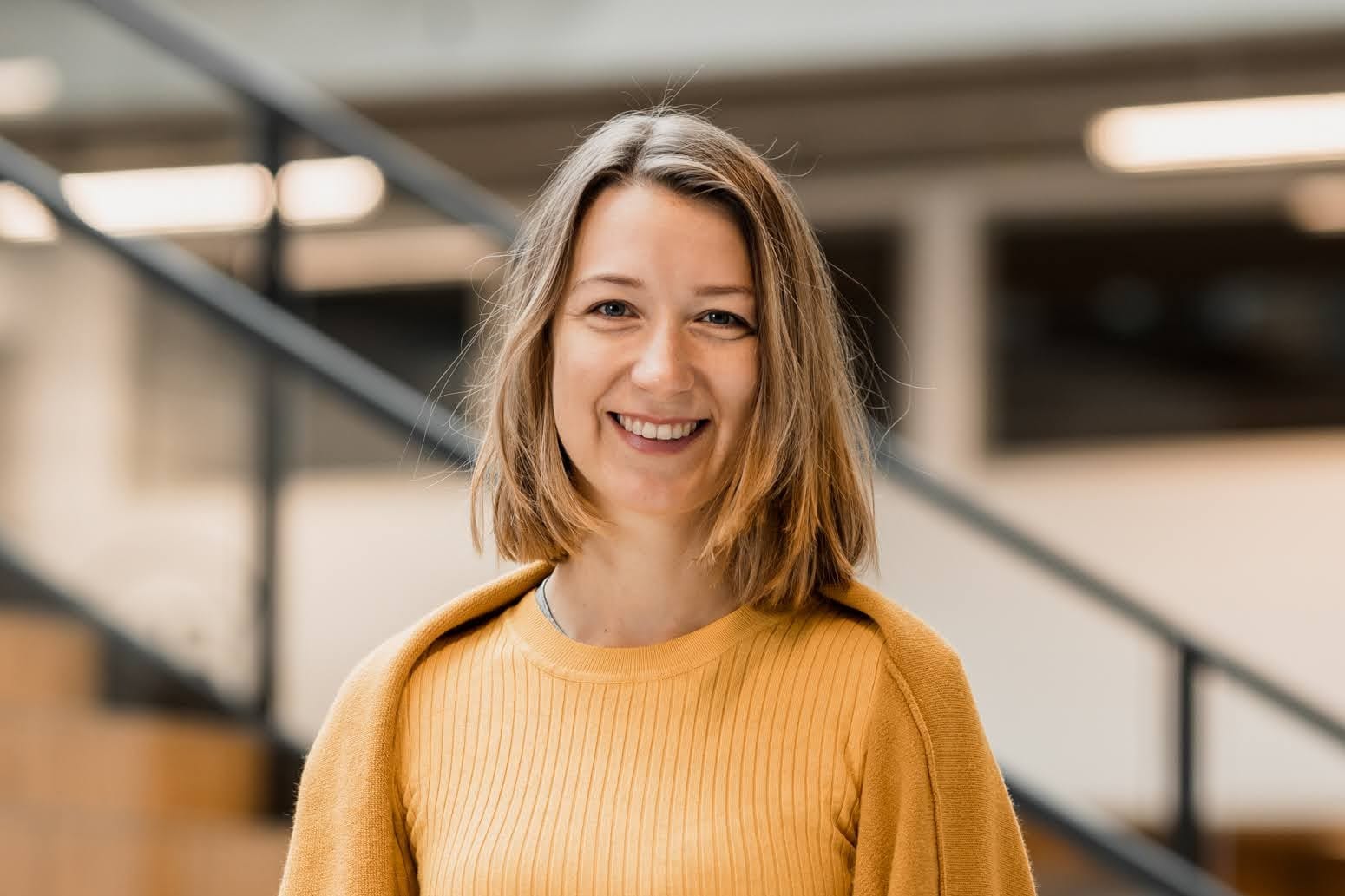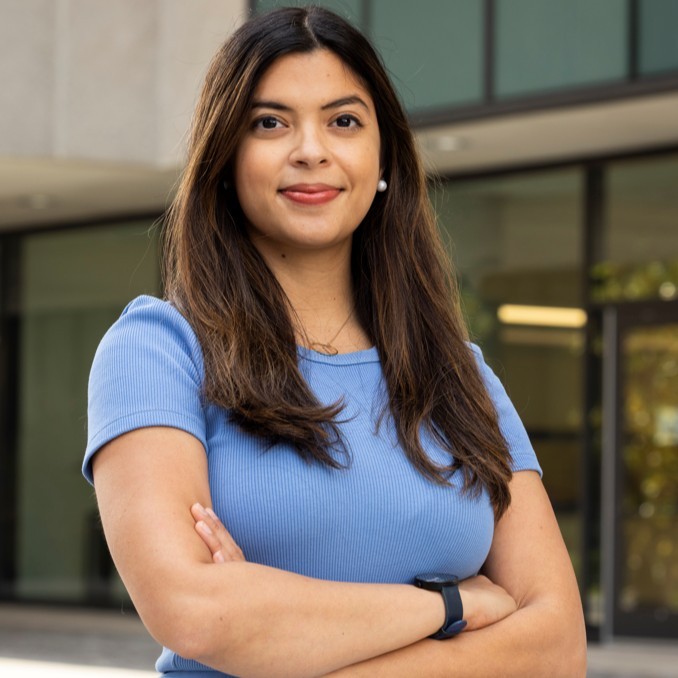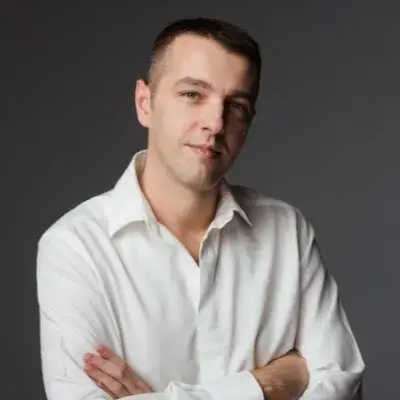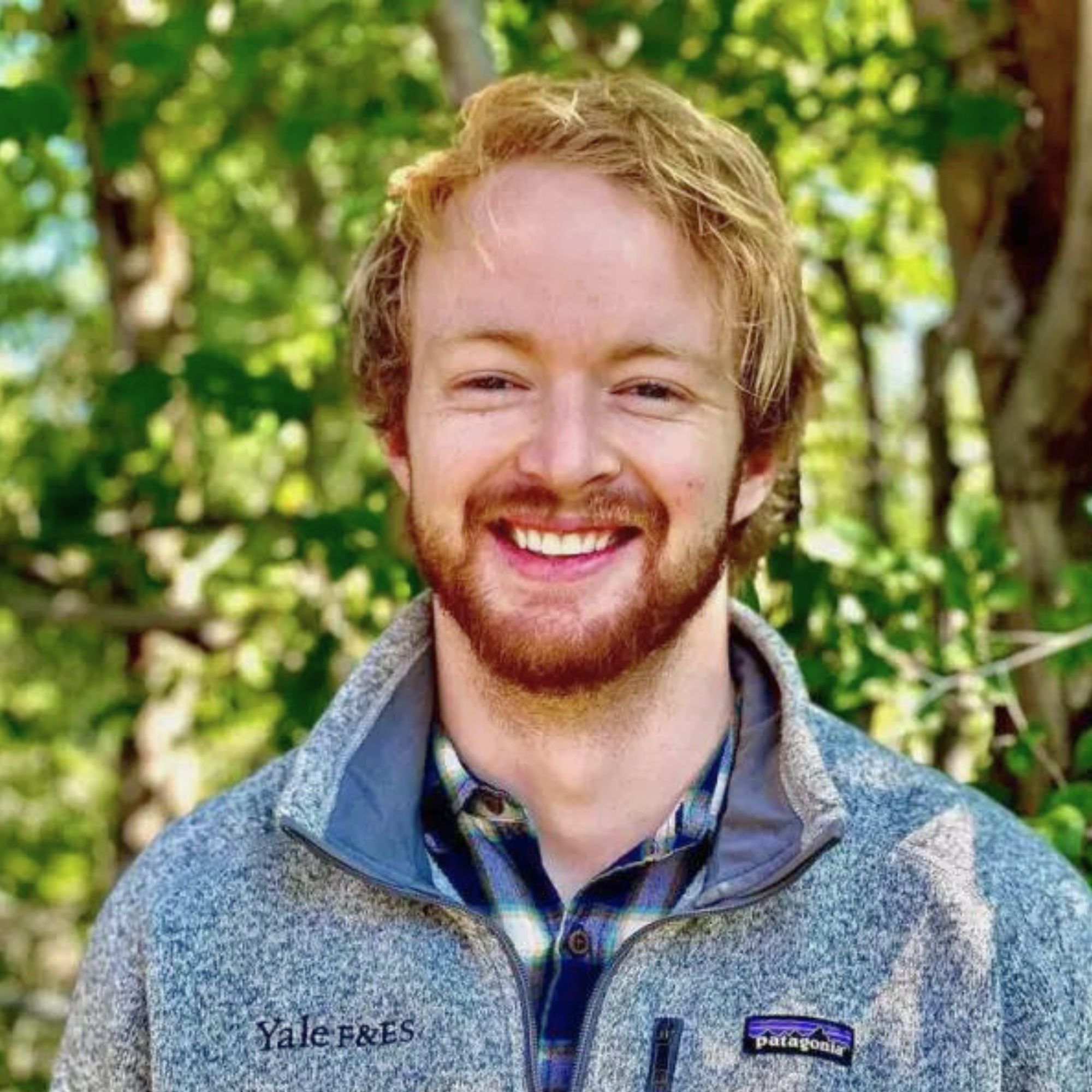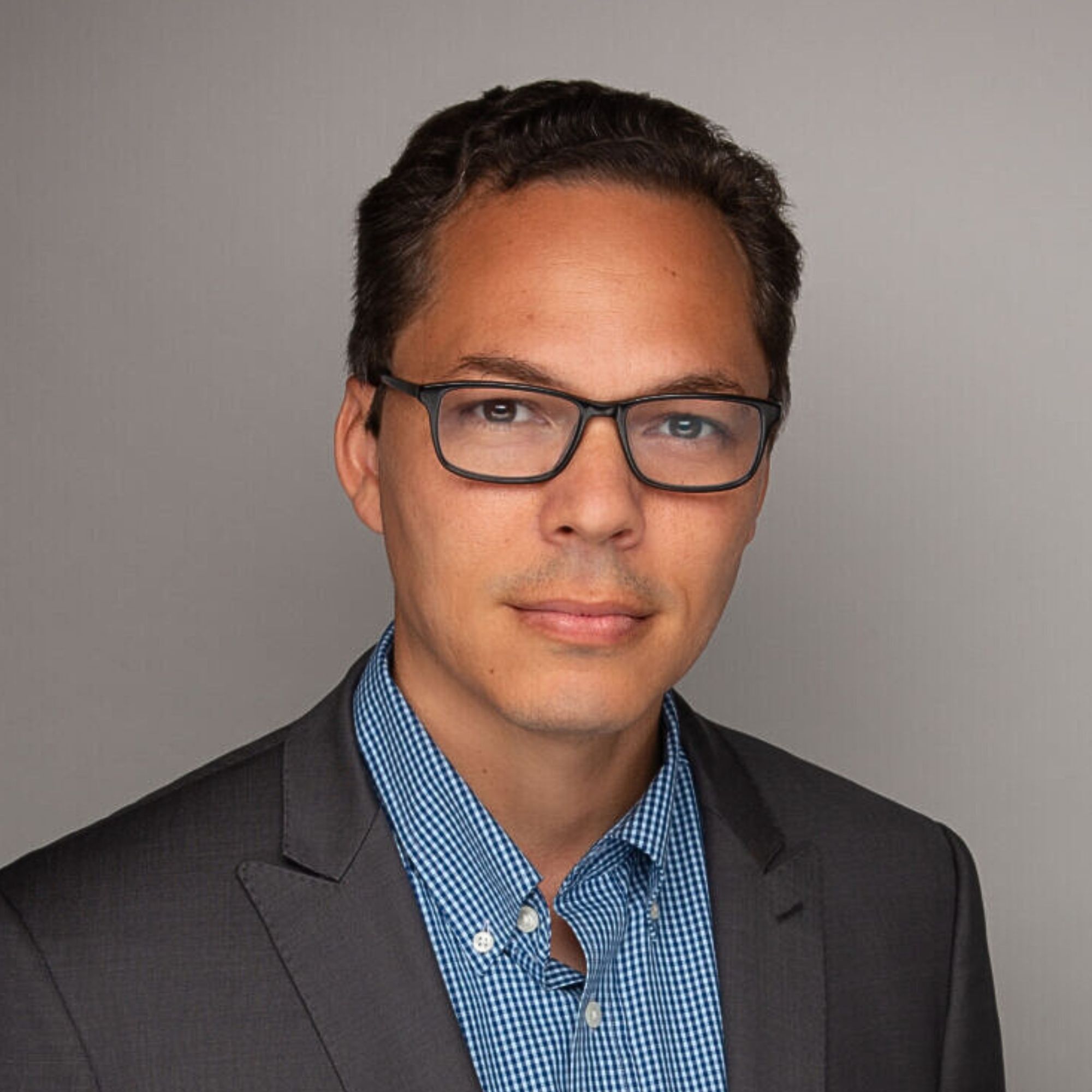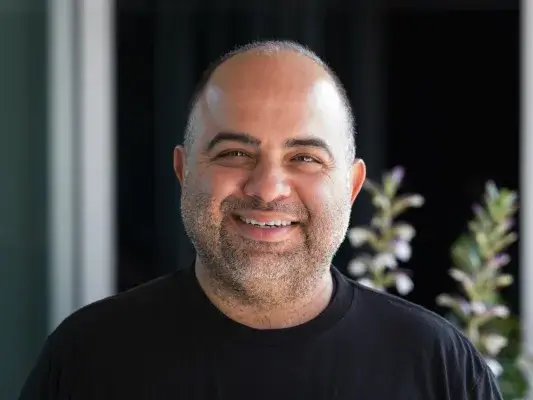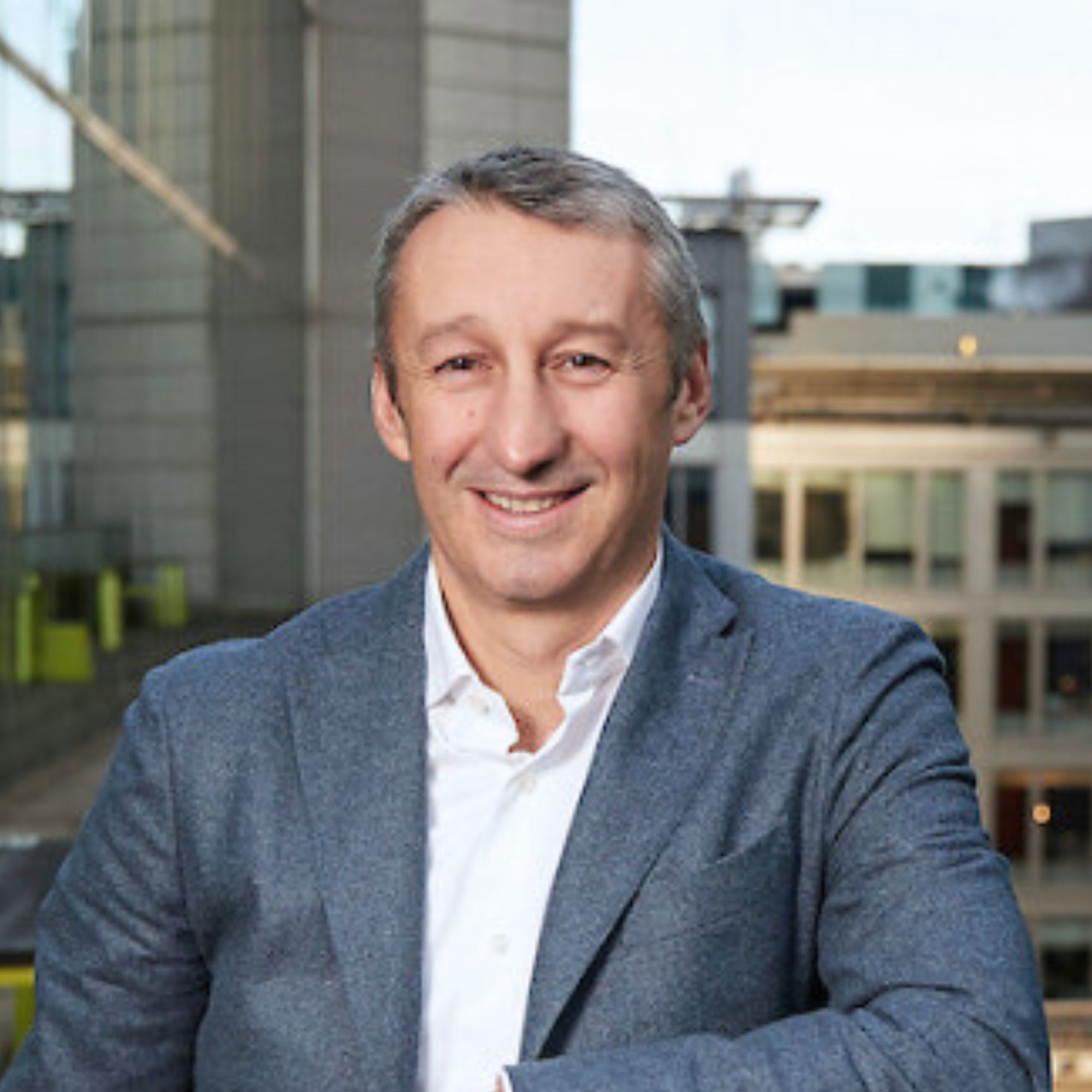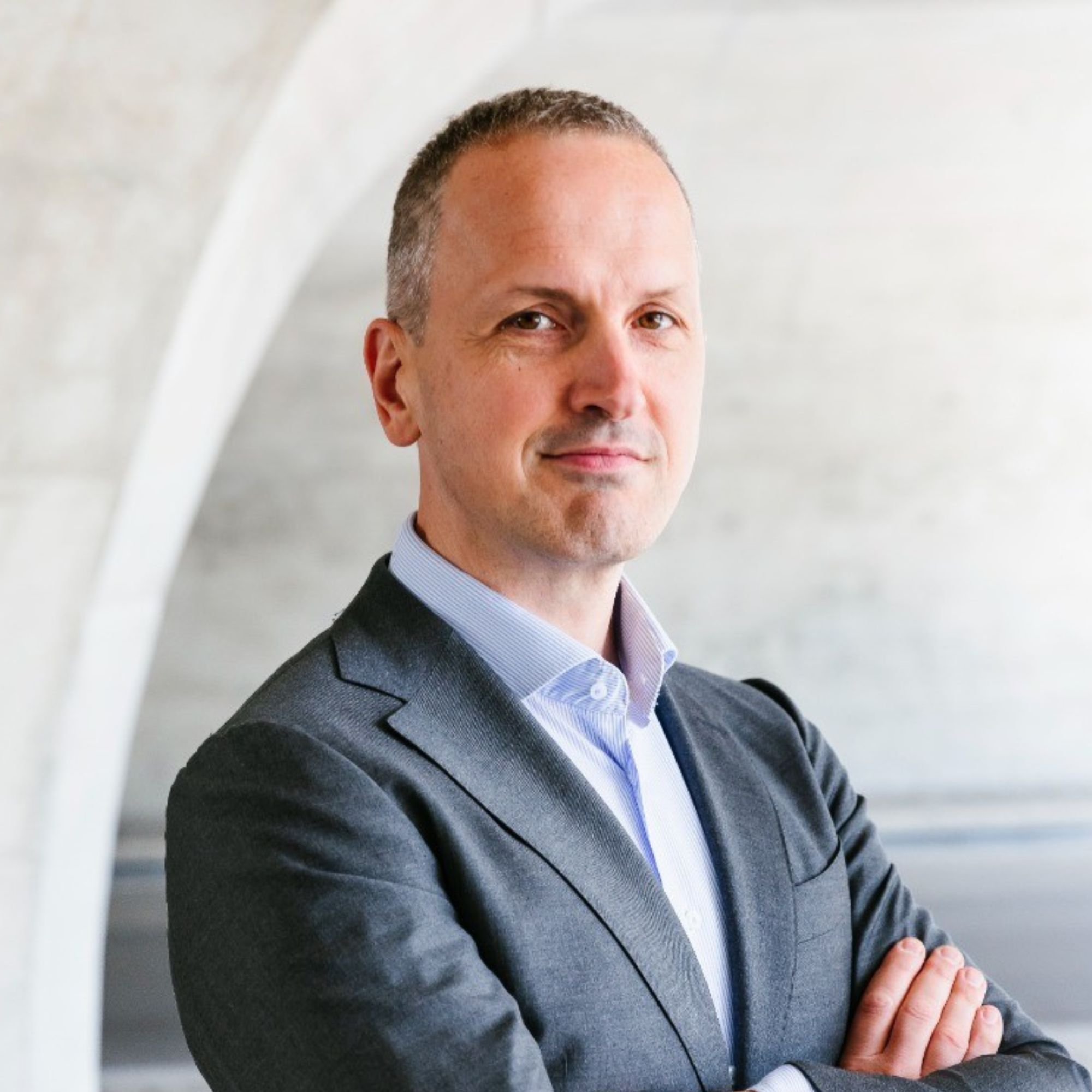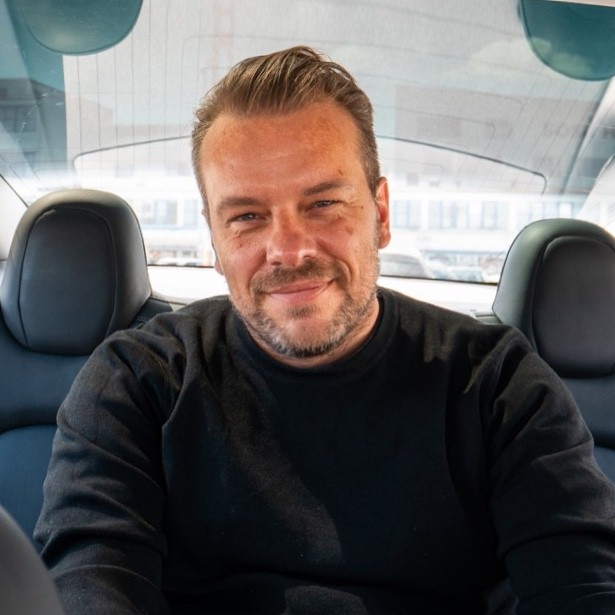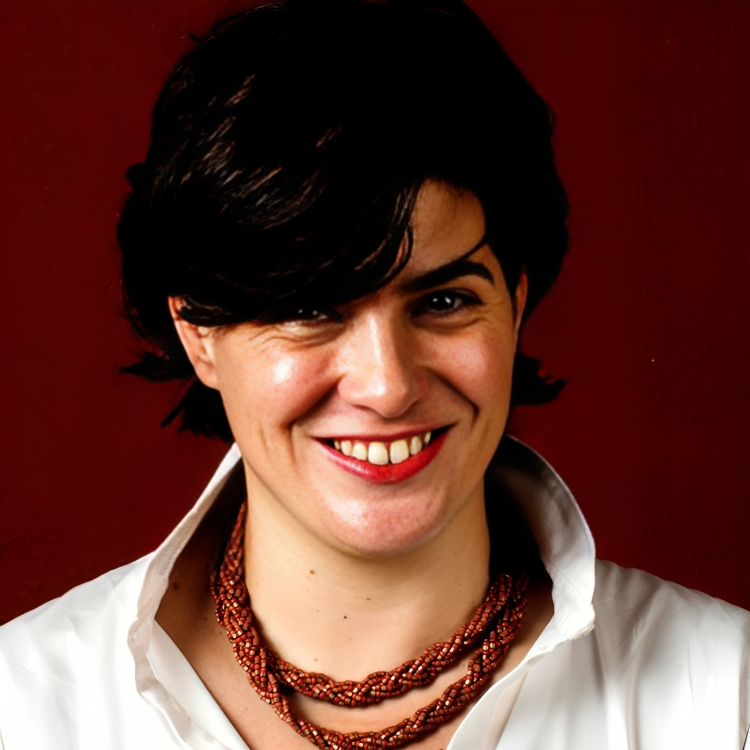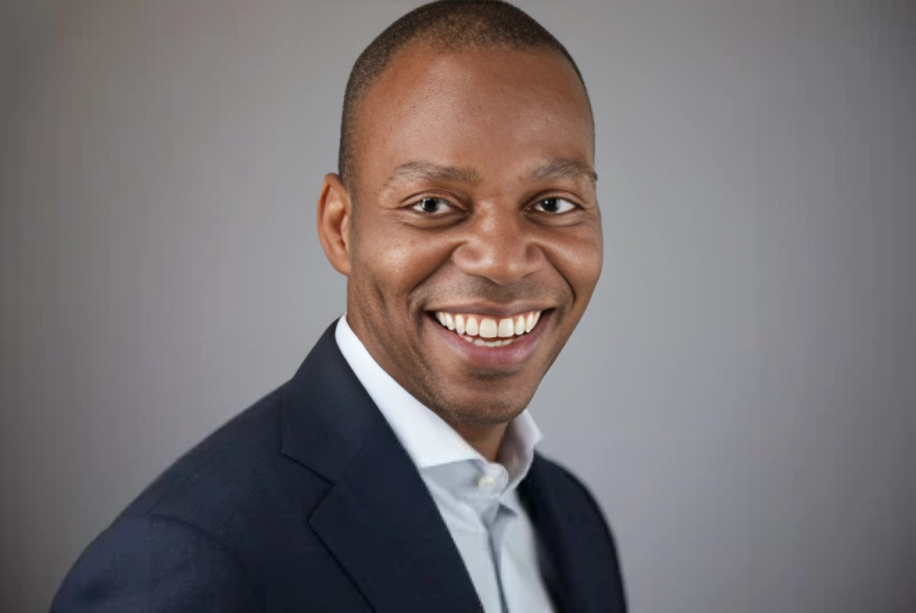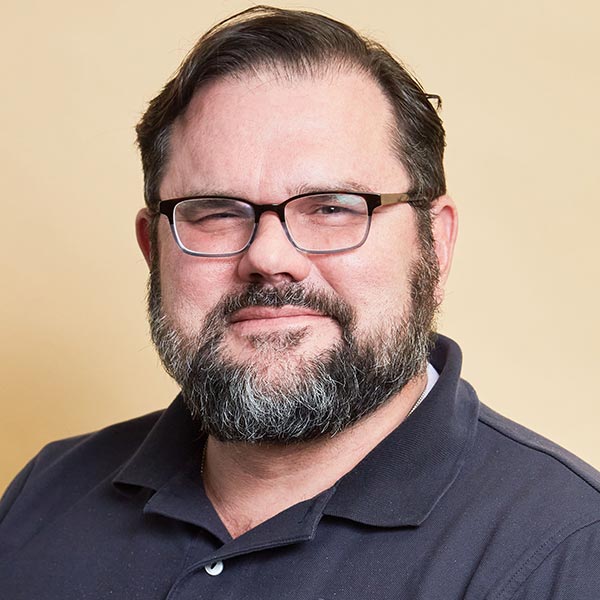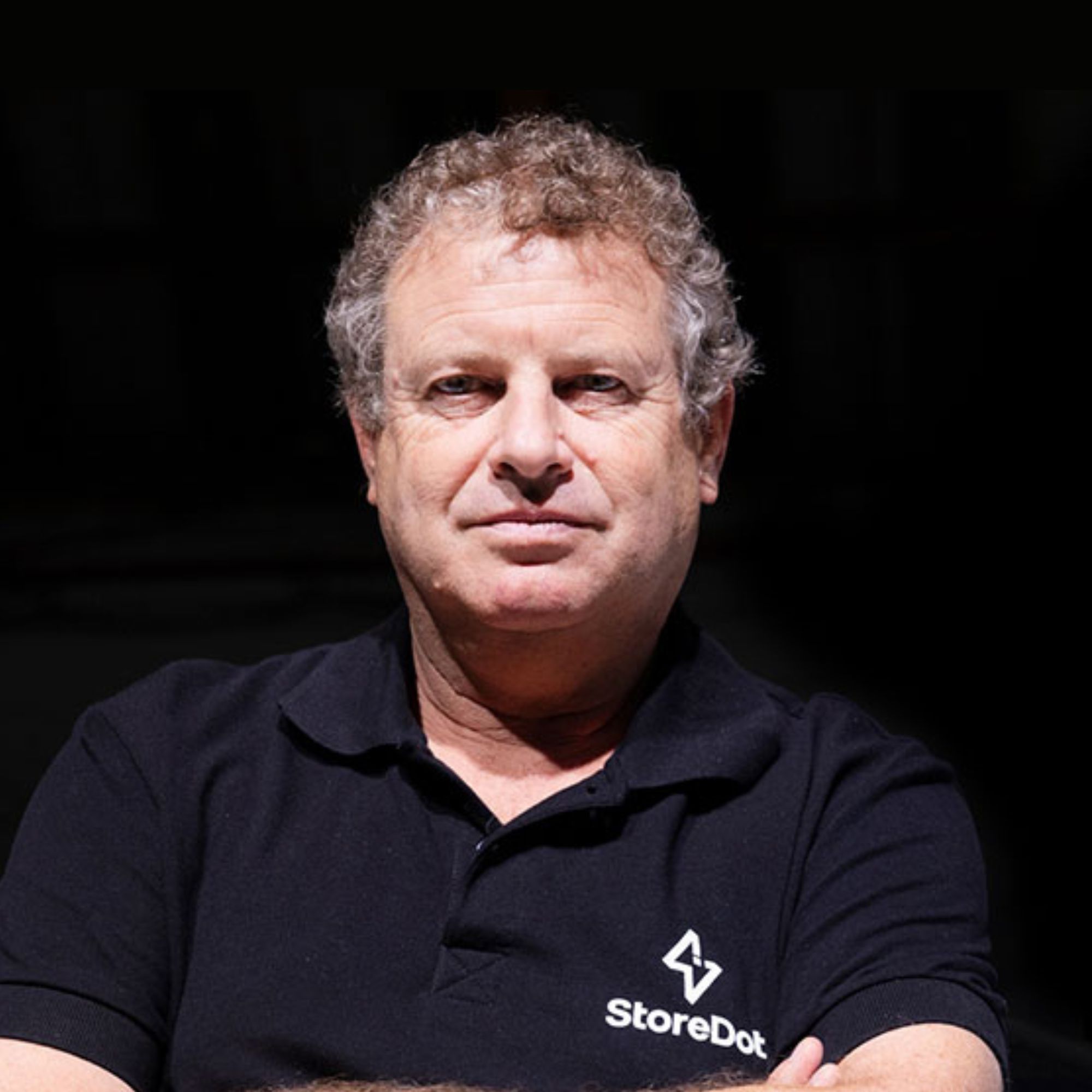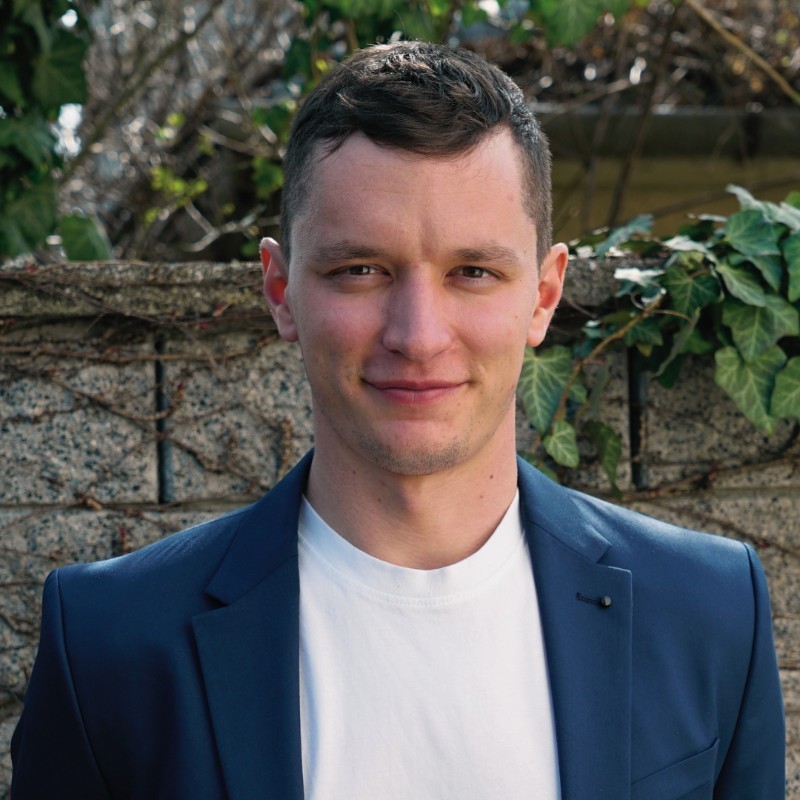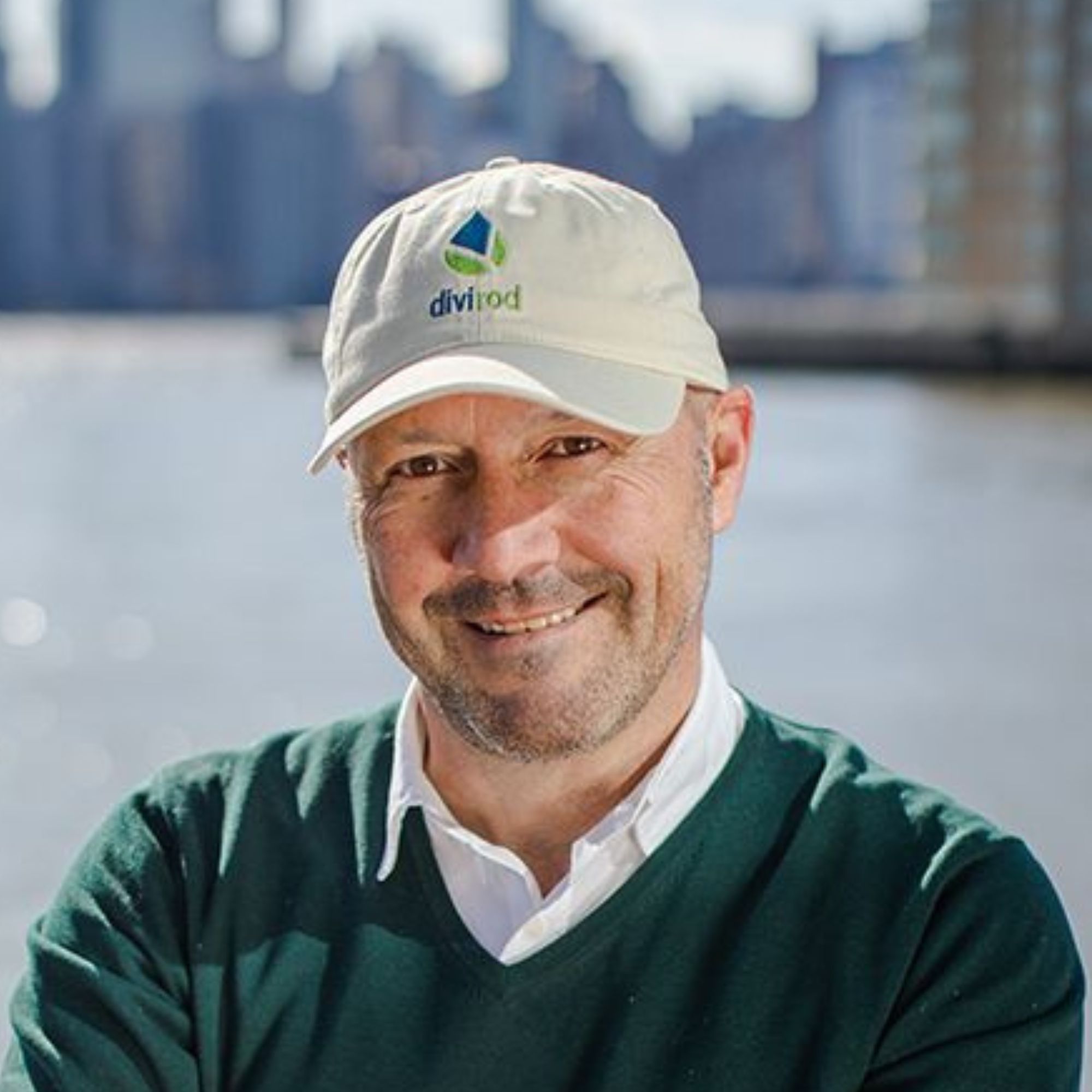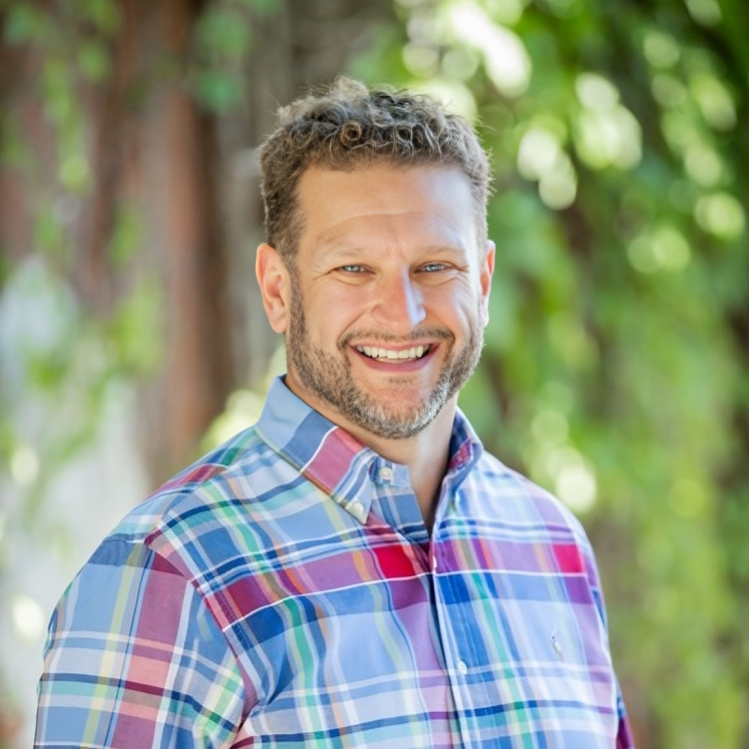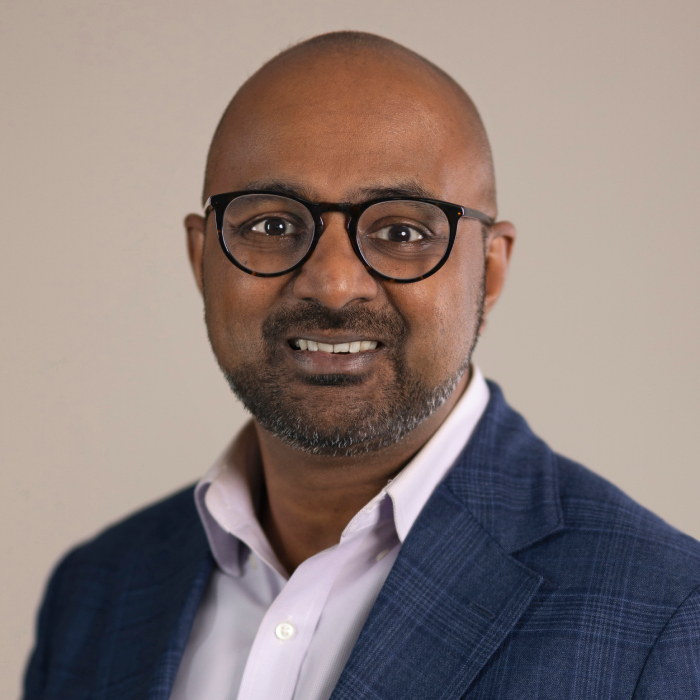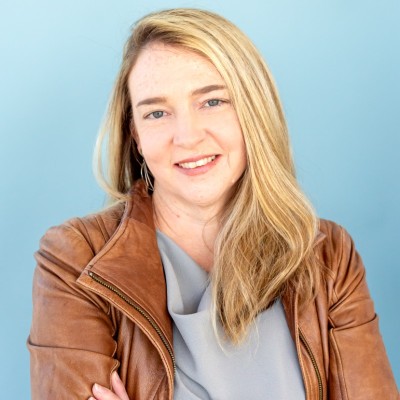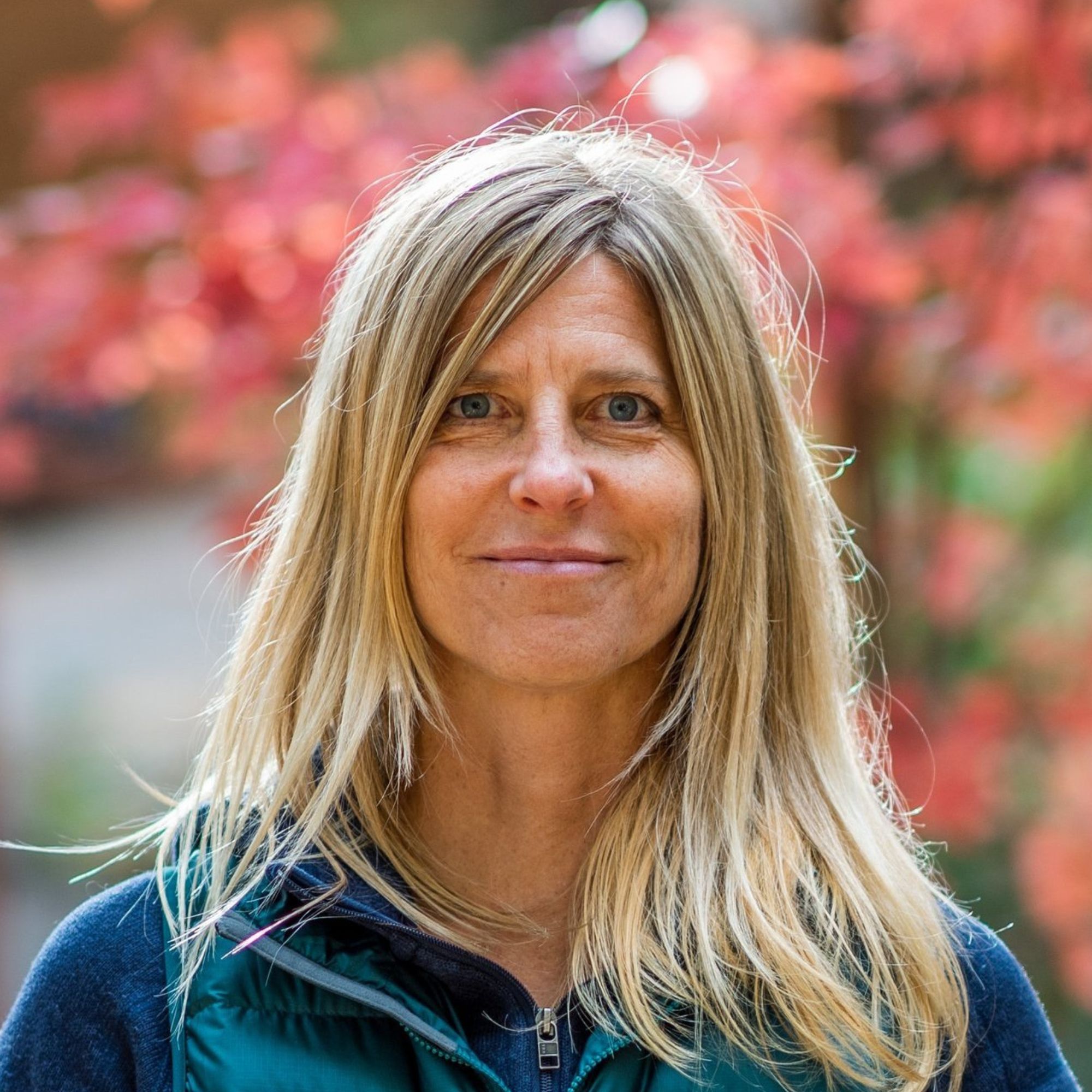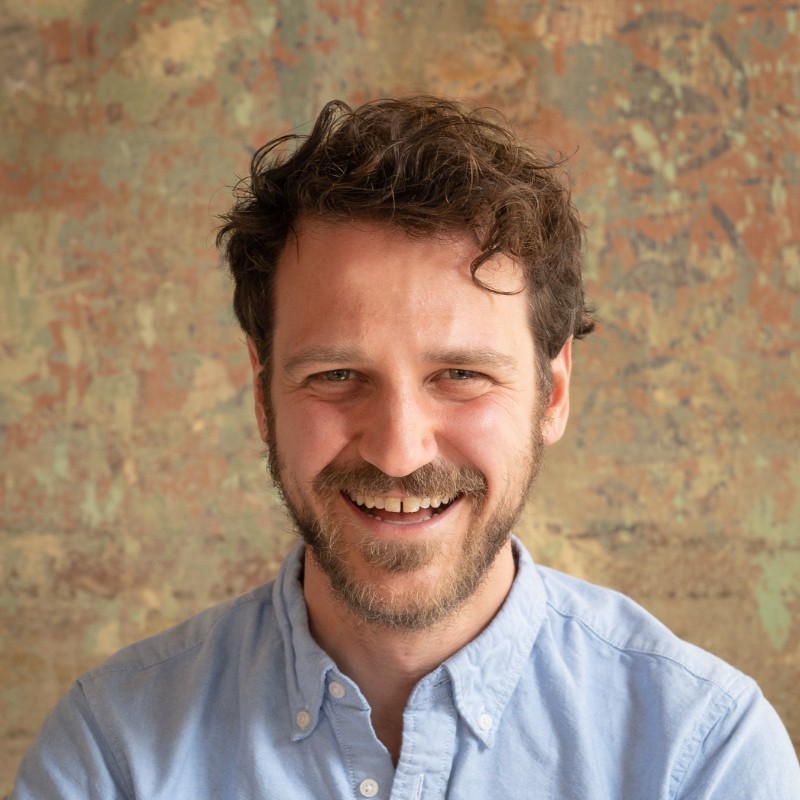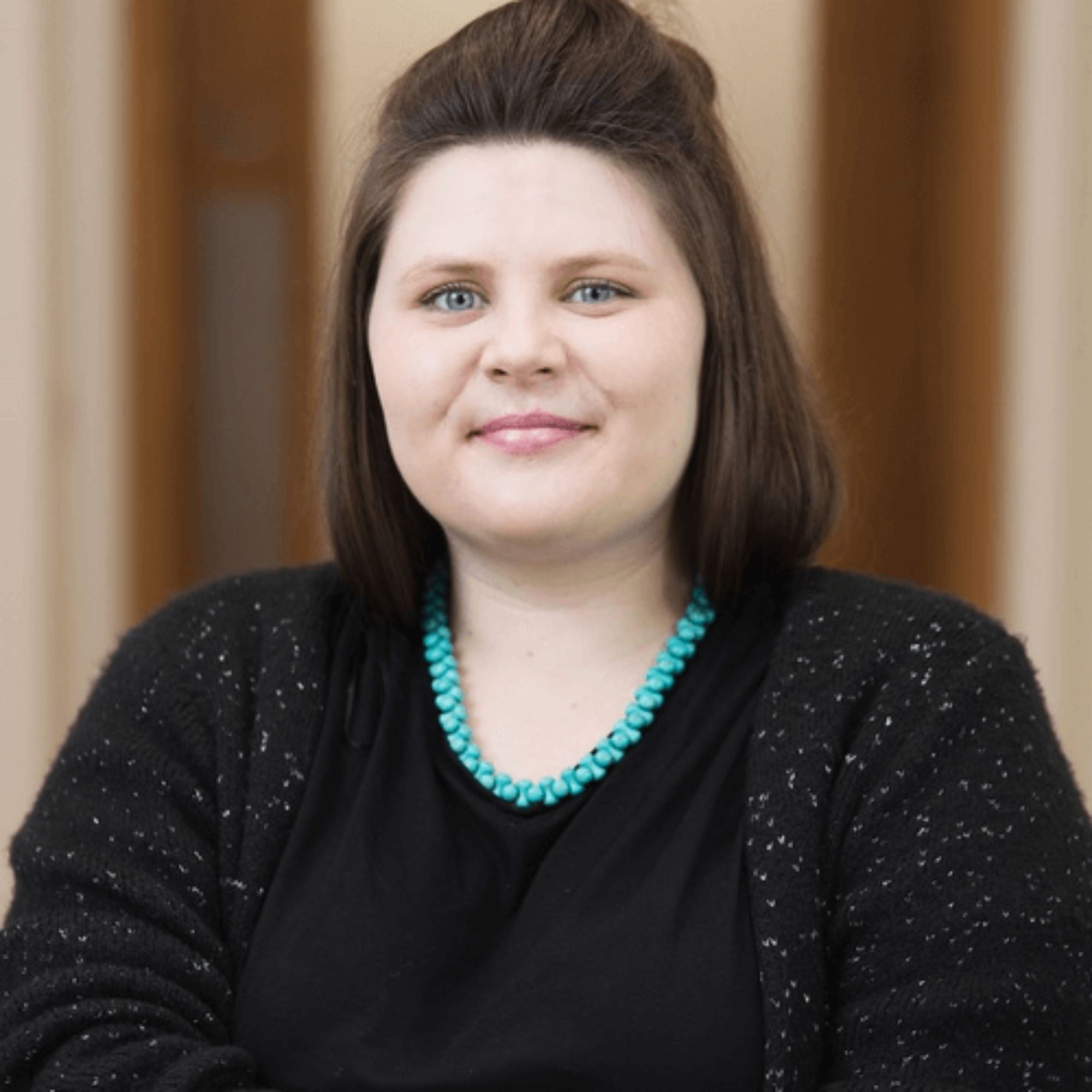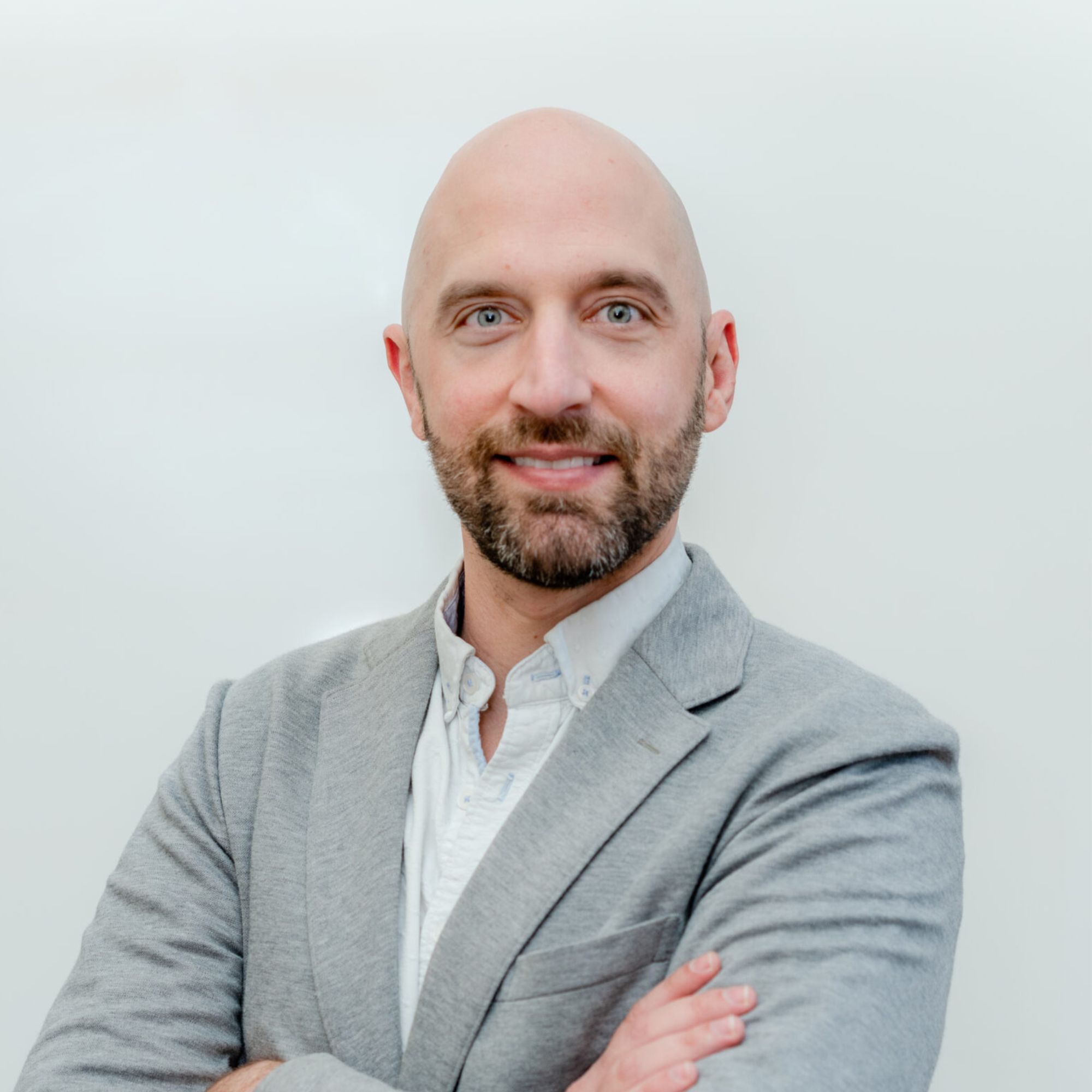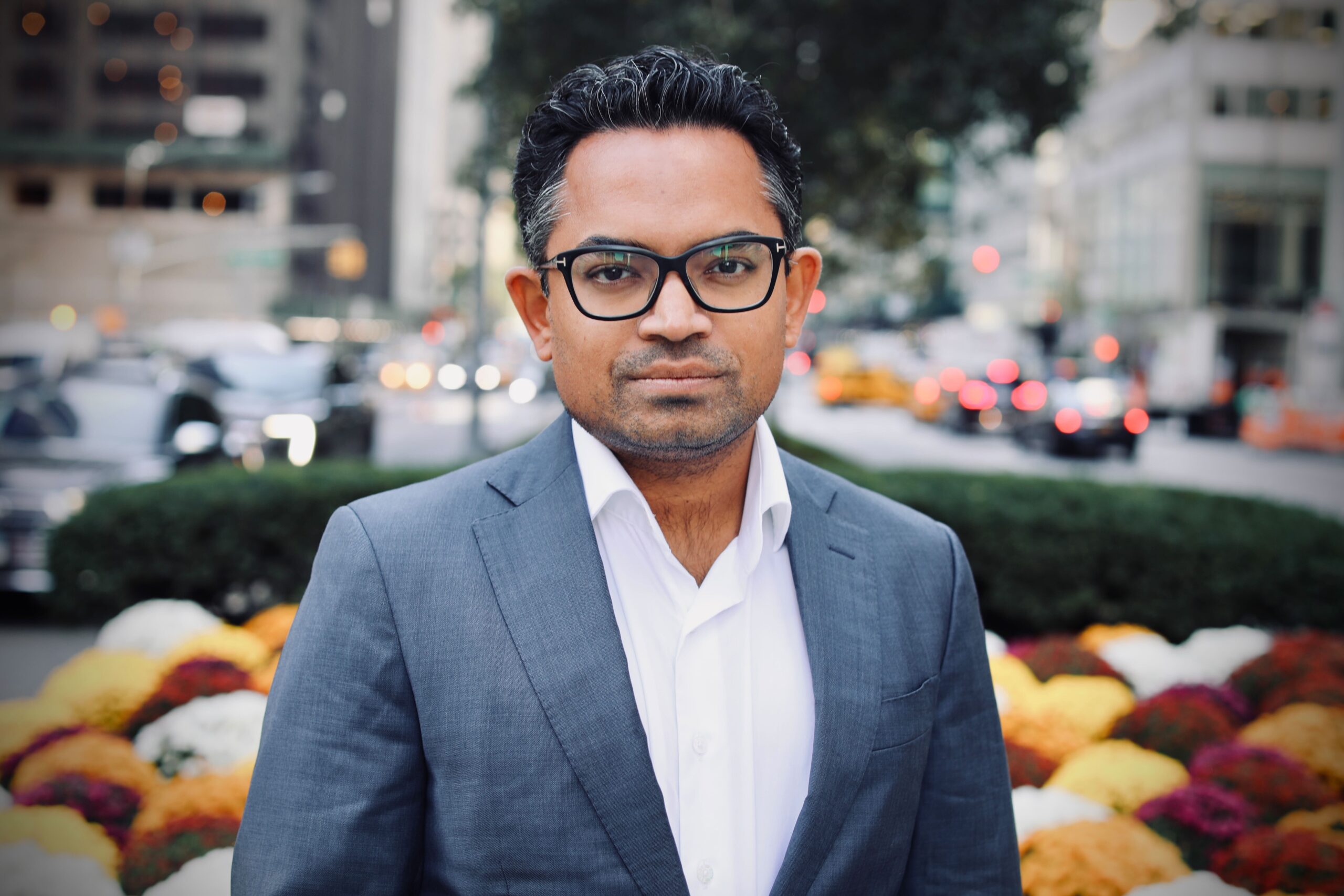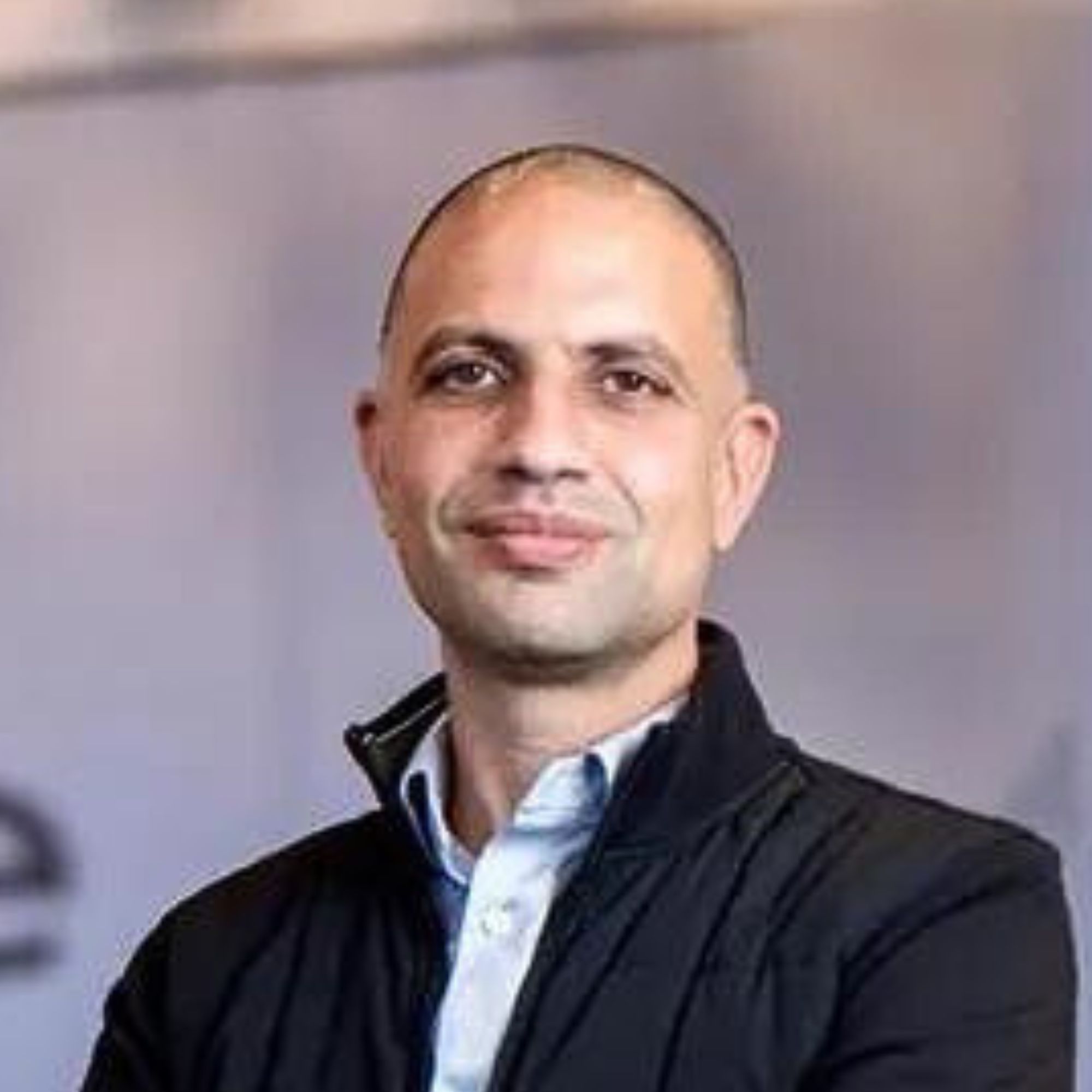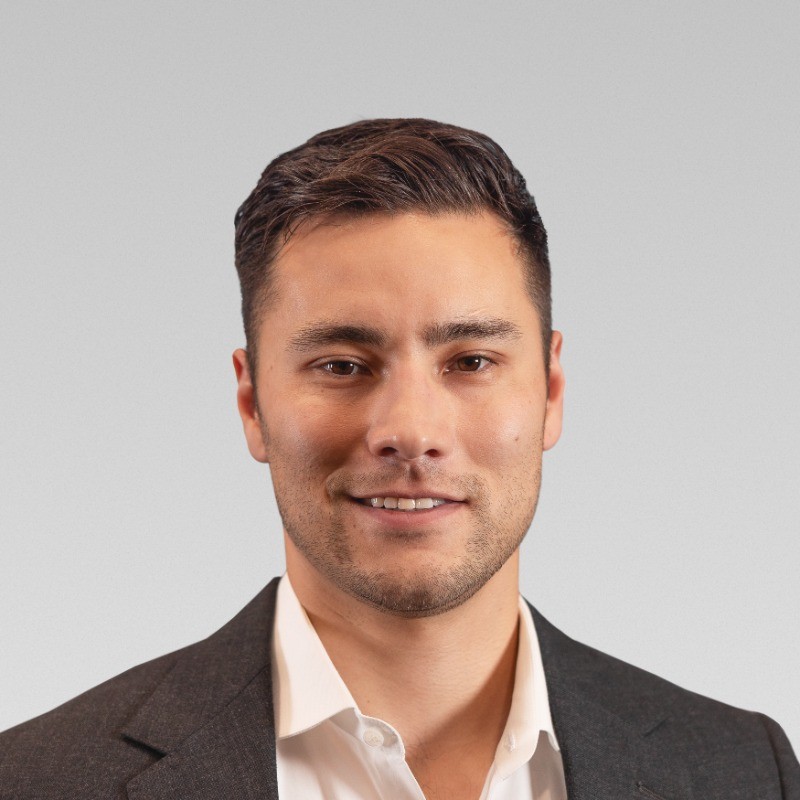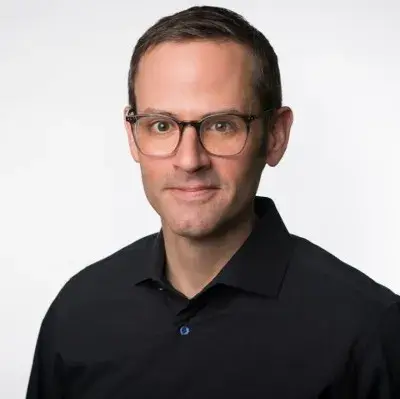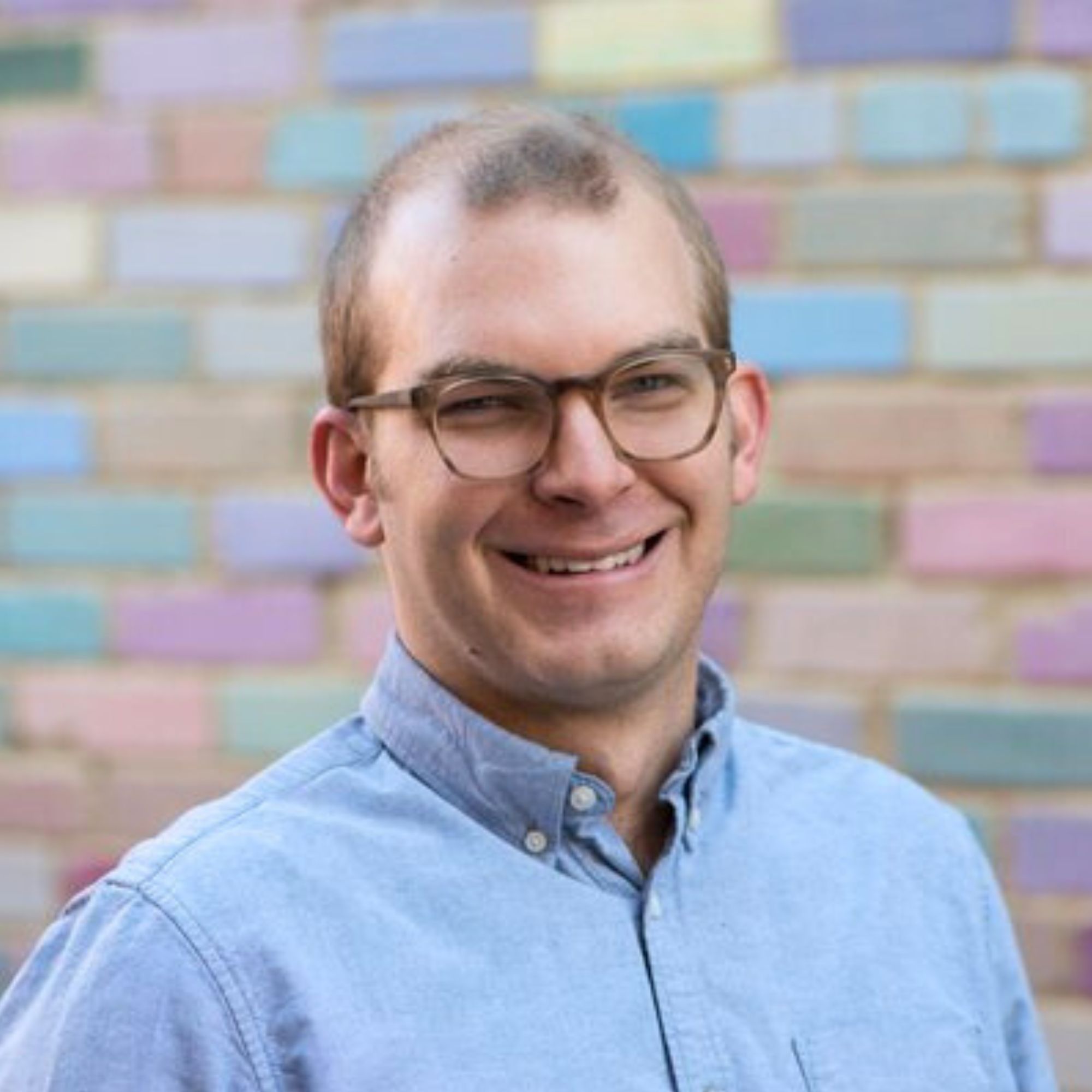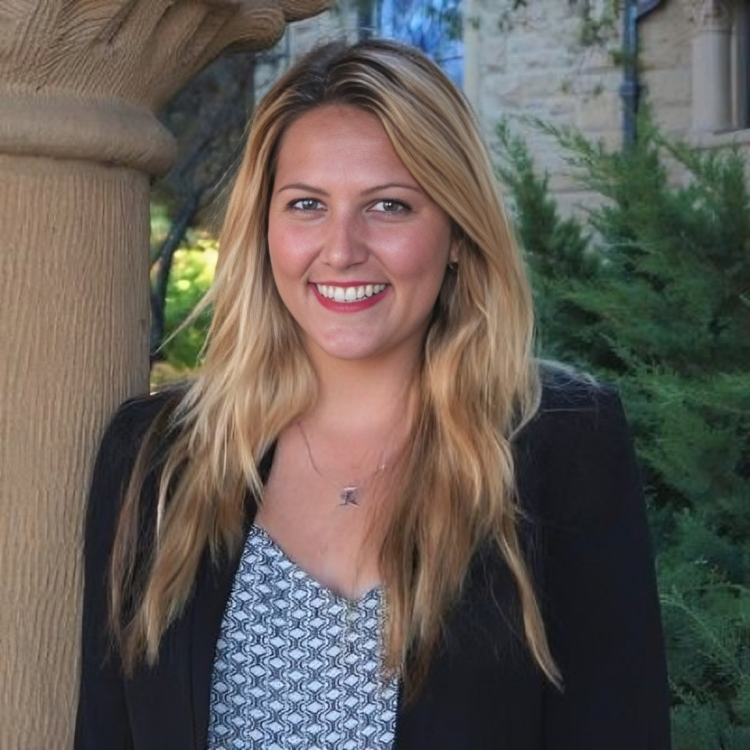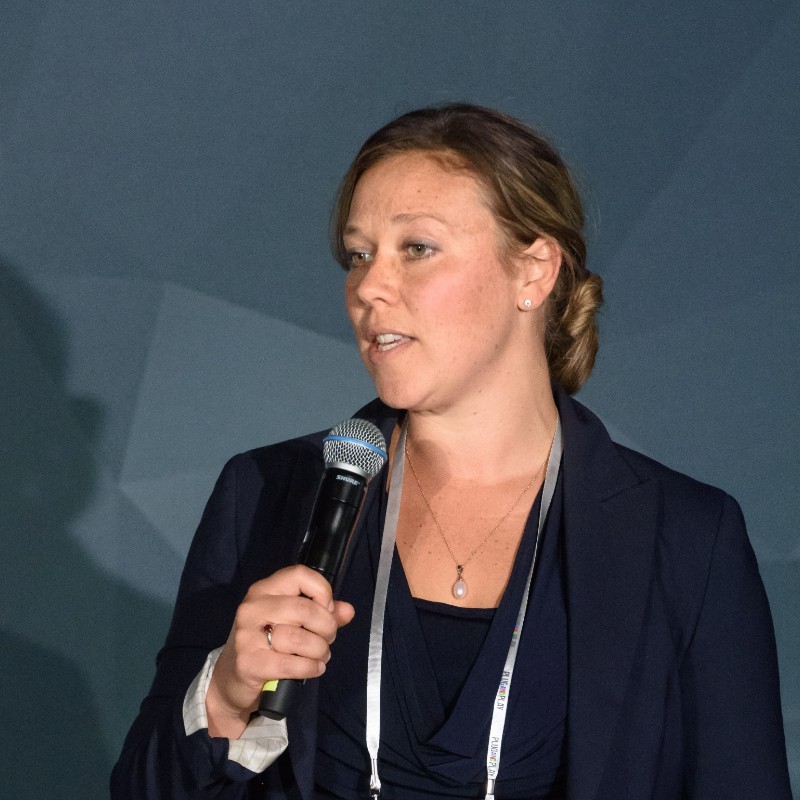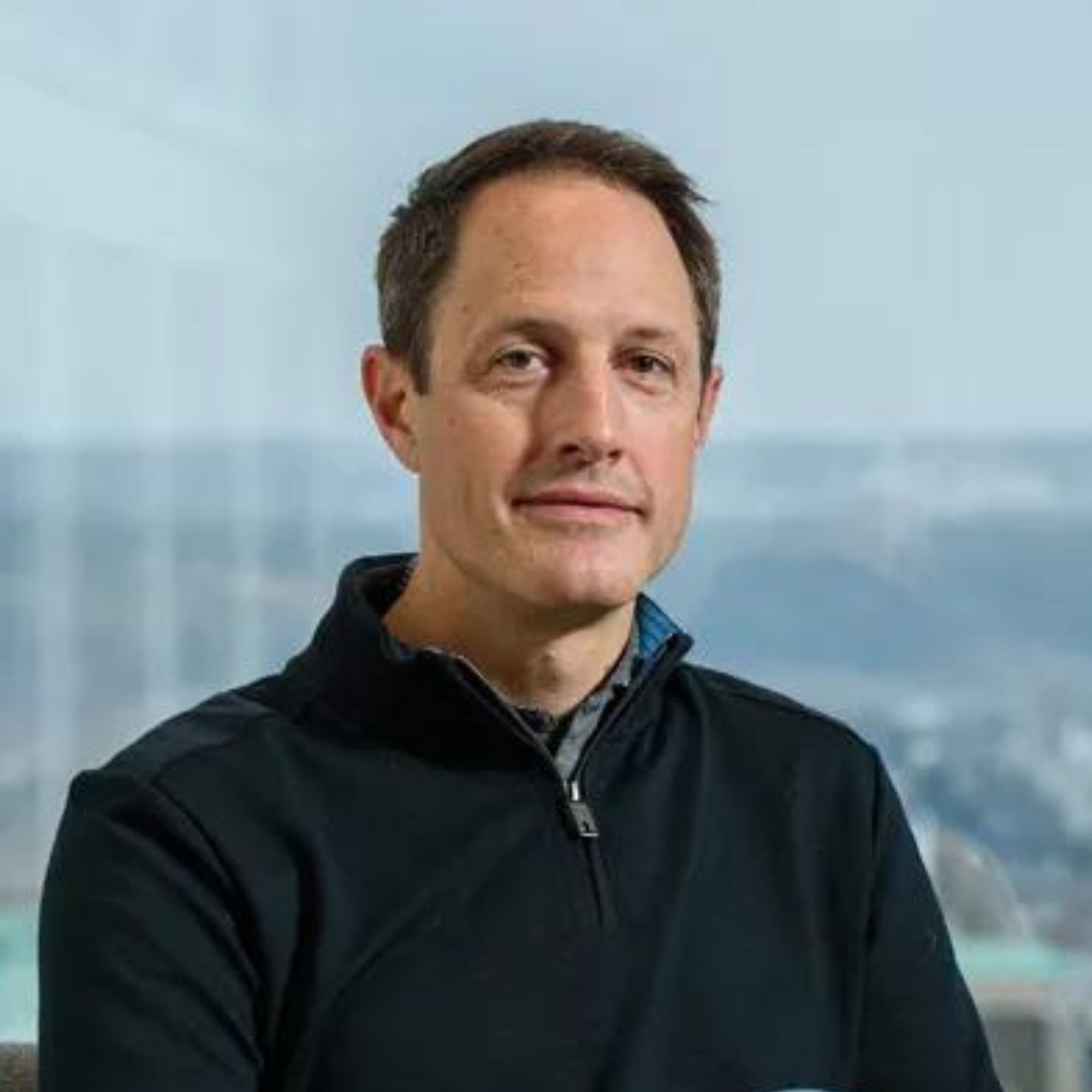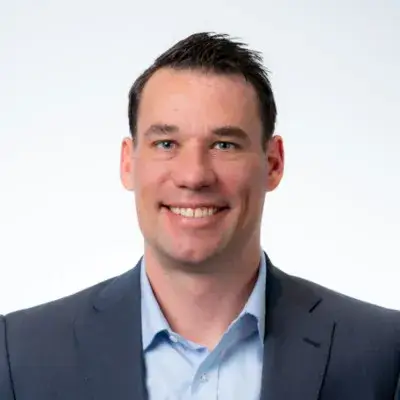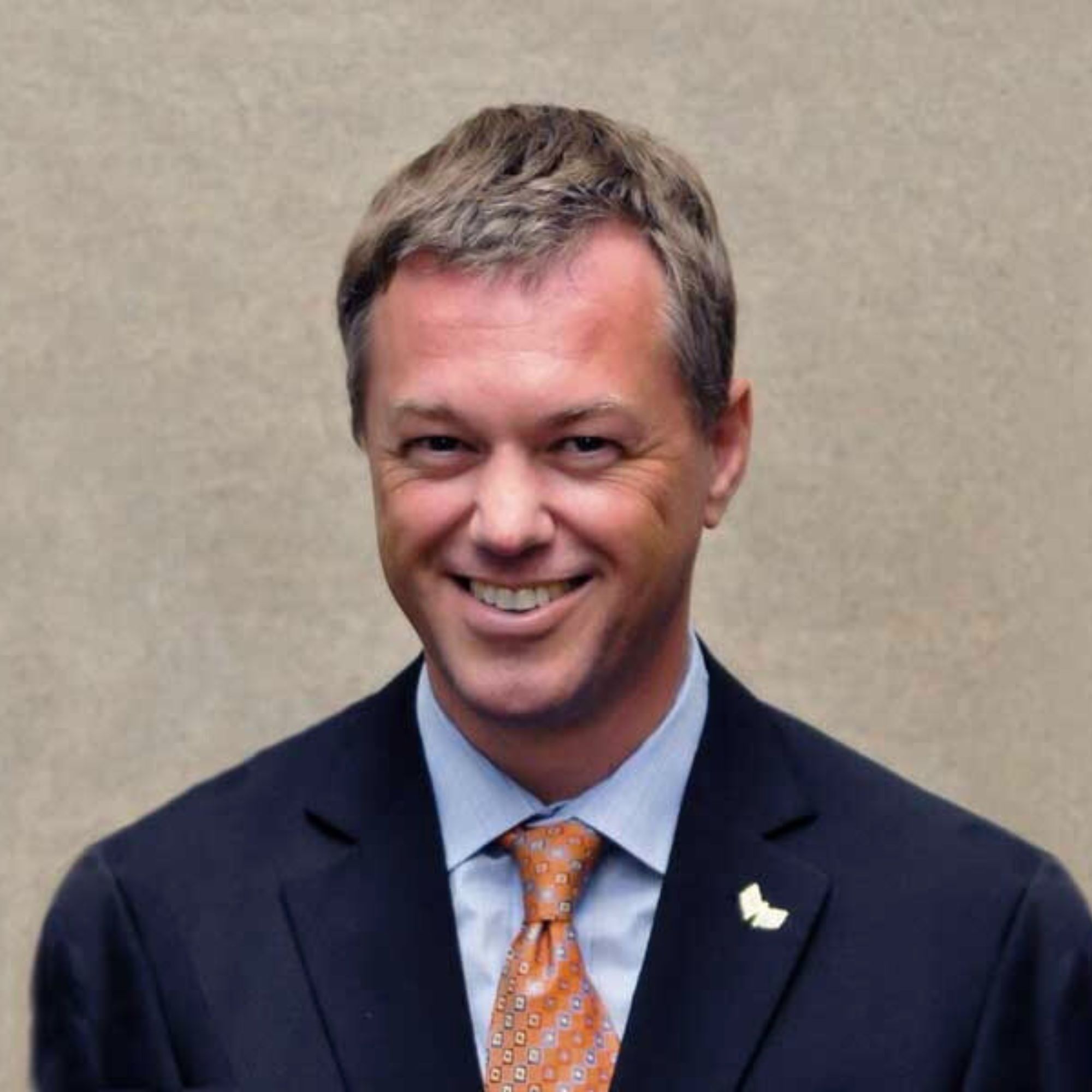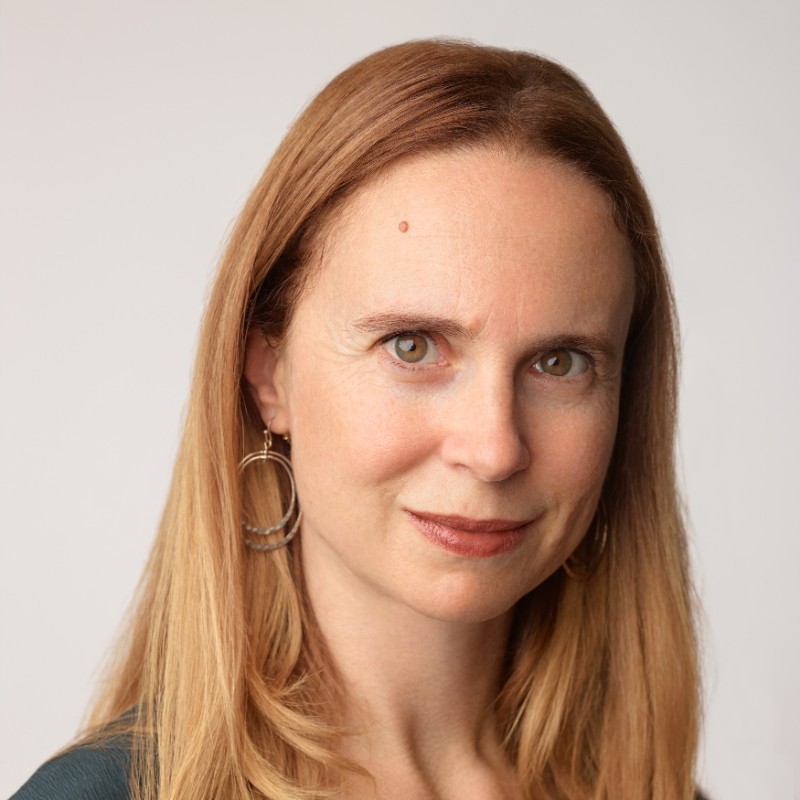Ready to launch your own podcast? Book a strategy call.
Frontlines.io | Where B2B Founders Talk GTM.
Strategic Communications Advisory For Visionary Founders
Conversation
Highlights
CleanJoule’s Vision for Sustainable Aviation: A Deep Dive into the Future of Air Travel
In the race to combat climate change, few industries face as many challenges as aviation. With its significant carbon footprint and unique technological constraints, the aviation sector has long been considered one of the hardest to decarbonize. Enter CleanJoule, a pioneering company in the sustainable aviation fuel (SAF) sector, led by CEO Mukund Karanjikar. This article explores CleanJoule’s journey in revolutionizing the aviation fuel industry and its vision for a sustainable future.
The Genesis of CleanJoule: A Chemical Engineer’s Vision for Sustainability
CleanJoule’s story begins with a chemical engineer’s passion for sustainability. As Karanjikar explains, “I was always driven by sustainability and impact of human operations on sustainability. Right? So it’s planetary sustainability, it’s life sustainability and the impact of human actions.”The company’s mission is clear: to decarbonize the planet, starting with one of the hardest industries to transform – aviation. “We made our life’s mission to decarbonize the planet. Let’s start with aviation as an industry,” Karanjikar states.
The Early Years: 2009-2012 – Laying the Groundwork for Innovation
The period from 2009 to 2012 was crucial for CleanJoule. Karanjikar reflects, “The first three years were lot of ideation as to what to go after, what’s important, both from the viewpoint of our expertise that we can meaningfully contribute and from the viewpoint of what’s relevant.”This period of exploration culminated in a significant milestone – their first government contract in 2012. While not large, it provided crucial validation. Karanjikar notes, “It wasn’t a very large contract, but it was… instant gratification that other people, because see the a lot of entrepreneurs do not understand that this is not helicopter money.”
Navigating the World of Government Contracts
Securing government funding has been crucial to CleanJoule’s journey. Karanjikar shares valuable insights for other founders looking to navigate this world:”The very first virtue that you need is patience. You may have the next best idea after sliced bread, as it is proverbially known in my world, but it is still the next best idea. It wasn’t what’s in the practice. Like a lot of people do not understand, government does not move at the same rate as a starry eyed entrepreneur wants to move.”He emphasizes the need for grit and determination, stating, “You just have to be patient. You have to have the grit and determination to get through that journey.”
The Evolution of Sustainability in Tech: From Niche to Mainstream
The landscape of sustainability has shifted dramatically since CleanJoule’s inception. Karanjikar provides a historical perspective:”So 2009 was, unfortunately, this is, again, you know, you get hit with something on your head and you start things on the wrong time. 2009 was actually unfortunate time, right? This was after the 2008 crisis.”He traces the evolution of sustainability focus from the early 2000s, when oil prices were skyrocketing, to the present day where sustainability is seen as “a total undercurrent for creating new industries of the future.”
Funding Deep Tech: A Different Approach to Investment
Funding a deep tech venture like CleanJoule requires a different approach compared to traditional startups. Karanjikar advises, “Skip the standard venture capital investment all along, forget about that, because they are not going to be your friends in the journey to come.”Instead, he emphasizes the importance of strategic partnerships. CleanJoule’s funding strategy illustrates this approach, with airlines not just as customers, but as investors. Karanjikar explains, “We have three different airlines. Volaris, Frontier and viz, headquartered in three different countries… Not only our airlines gave us what we call offtake agreements, meaning they agreed to buy large volume of what we produce at a future date. They also participated in our series a strategic investment raise.”
The Technology Behind Sustainable Aviation Fuel: A Drop-In Solution
One of the key advantages of CleanJoule’s SAF is its compatibility with existing infrastructure. Karanjikar explains:”Nothing has to change. Actually, that’s the beauty of p two and what generally is known as sustainable aviation fuel. It is just sustainably produced, almost identical looking hydrocarbons… You go to them and you say, I do not want you to change anything. Just buy a different barrel of the fuel. It’s fully infrastructure compatible end to end.”This drop-in solution is crucial for adoption in an industry that, as Karanjikar puts it, “hesitates to change anything.”
Addressing Critics and Challenges in Sustainable Aviation
Like any innovative technology, CleanJoule’s approach has its critics. Karanjikar addresses the common criticism of cost competitiveness:”The standard critique I have heard is this cost competitive with petroleum? It’s a wrong question to ask. The tense used in the question is wrong. Will this be cost competitive? Right? Because Hardik is not. Next quarter, I’m going to be cost competitive with petroleum crude.”He emphasizes the need to consider the long-term potential of the technology, stating, “If you have your heart and mind in the right place, your question should be, will this be cost competitive?”
The Road to Commercialization: A Timeline for Sustainable Aviation Fuel
CleanJoule has a clear timeline for bringing their SAF to market. Karanjikar outlines their progress:”Up to 2022 was rearview mirror period, where lot of toiling away, midnight oil burning, etcetera, solving all the technological problems. Then the engineering scale up is 2023 to 2025.”Looking ahead, he projects, “Come 2028, 2029, you will find at the corner station, the proverbial corner station, CleanJoule SAF for sale, that any airline can power it at any airport that they would want.”
Building an Ecosystem for Sustainable Aviation
The success of SAF doesn’t rely solely on CleanJoule. Karanjikar explains that an entire ecosystem needs to evolve:”The regulators have some role to play. They have to move slightly faster as entrepreneurs are moving… The second aspect of the ecosystem development is the liquids industry, as I call them. To some degree, it’s oil and gas companies. To some degree, it is pipeline companies. To some degrees, it is refiners.”He also mentions the importance of the biomass processing industry, as their feedstock is biomass or waste biomass.
Advice for Deep Tech Founders: The Long Game of Innovation
For aspiring deep tech founders, Karanjikar offers candid advice:”I would say start with sequestering 20 years of your life if you’re not prepared to do that. I would think twice and three times and four times… The promised land is when you come out, you are not coming out with a social network for people with six toes. You are coming up with something that changes our society, uplifts our civilization for the better.”He emphasizes the need for long-term commitment and the potential for significant impact that deep tech offers.
The Future of CleanJoule and Sustainable Aviation: A Vision for 2050 and Beyond
CleanJoule’s vision extends far beyond just creating a new fuel source. Karanjikar envisions a future where “we are after making aviation 100% sustainable.” This goal aligns with the aviation industry’s broader aims: “Our customers, which are the airlines, they are fixated on net zero by 2050 and we want to go at some point after that real zero, which is not net zero where we are seeking credits elsewhere.”Moreover, CleanJoule sees potential for broader societal impact: “We are looking at lifting millions and millions of people around the planet who are on the rural side of the world out of poverty forever. Because sustainability has two components. It has the planetary sustainability and the economic sustainability you enable by using feedstocks that happen to be on the rural side of the world.”
Conclusion:
As the aviation industry grapples with its environmental impact, companies like CleanJoule are paving the way for a more sustainable future. Through innovative technology, strategic partnerships, and a long-term vision, they’re not just changing how planes fly – they’re reimagining the entire ecosystem of air travel and its impact on our planet.CleanJoule’s journey from concept to near-commercialization spans two decades, reflecting the complex reality of developing sustainable technologies in aviation. As they approach their technology commercialization phase, their progress represents a significant step toward sustainability in one of the hardest-to-decarbonize sectors.For the aviation industry and beyond, CleanJoule’s advancements offer hope for a future where air travel and environmental responsibility can coexist. As Karanjikar puts it, they’re after making aviation “100% independent of petroleum.” With their sustainable aviation fuel poised to enter the market in the coming years, that vision is closer to reality than ever before.
Actionable
Takeaways
Address Cost Competitiveness Strategically:
Communicate the long-term cost competitiveness of SAF (Sustainable Aviation Fuel) rather than focusing on immediate comparisons with petroleum. Emphasize that achieving cost parity will take time but is a realistic goal at commercial scale.
Build a Comprehensive Ecosystem:
Work on aligning with various stakeholders including regulators, oil and gas companies, pipeline operators, and biomass processors. Ensure that the entire supply chain and infrastructure are prepared to support SAF production and distribution.
Prepare for Extended Development Timelines:
Set realistic expectations for the timeframes required to develop and scale deep tech innovations. Prepare for a multi-year journey and communicate this clearly to stakeholders and investors.
Focus on Infrastructure Compatibility:
Ensure that the SAF technology is fully compatible with existing aviation infrastructure. Highlight how SAF can be used with current infrastructure without requiring significant changes, making adoption easier for airlines.
Promote the Broader Impact of Innovation:
Emphasize the dual benefits of SAF: environmental sustainability and economic upliftment in rural areas. Showcase how SAF not only addresses climate change but also contributes to global poverty reduction and economic development.
